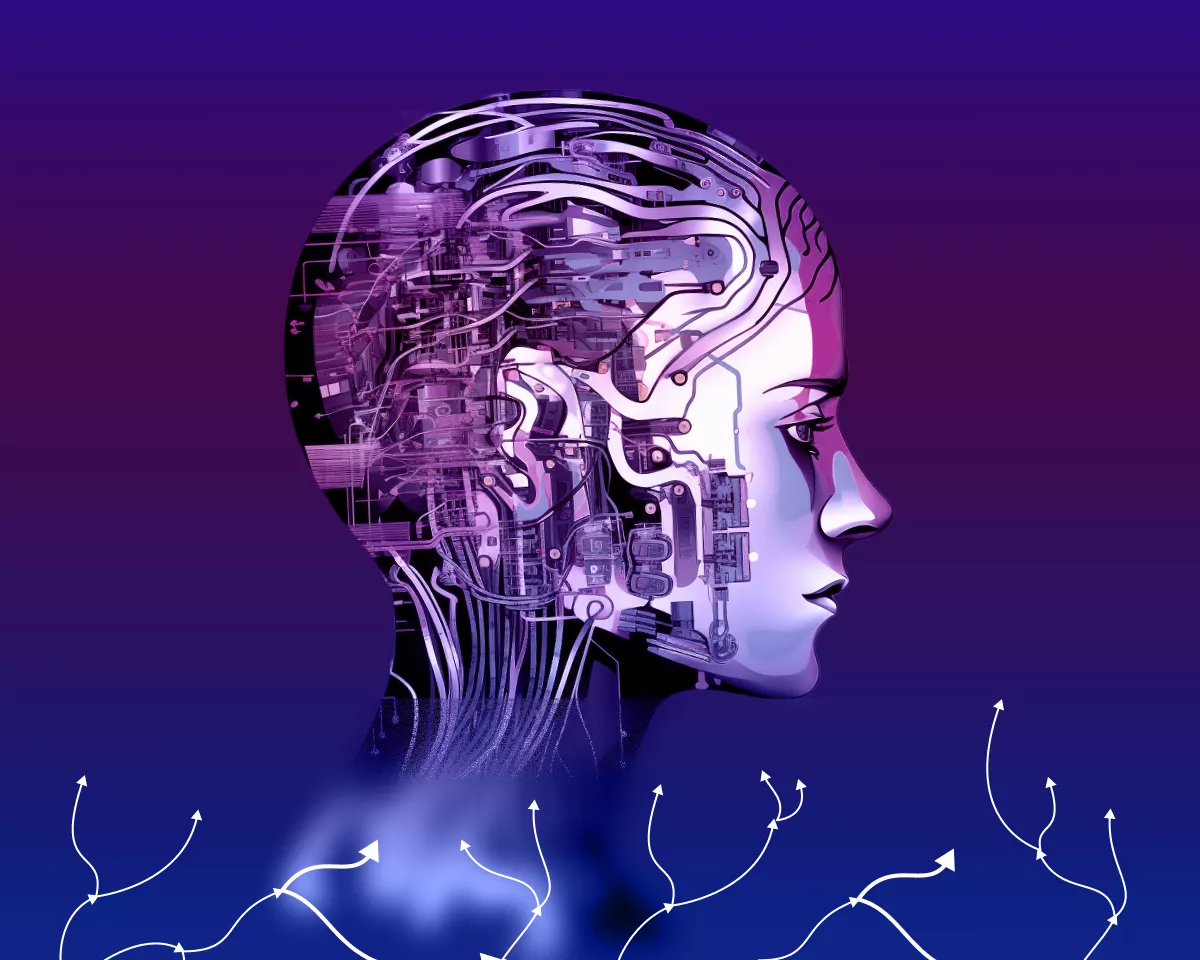The integration of AI into the brain-computer interface (BCI) will make it easier for paralyzed people to communicate with their loved ones. This was announced by 64-year-old Mark, who suffers from amyotrophic lateral sclerosis (ALS), in an interview with CNBC.
He tested the new Synchron technology, which implemented OpenAI's generative artificial intelligence into its BCI interface platform. Thanks to this, patients with severe motor impairments will be able to send more contextual messages using thoughts.
In the video, Mark uses technology to respond to text messages from a doctor. He interacts with ChatGPT using his brain. If previously it was necessary to type every word, now the AI offers answer options.
https://www.youtube.com/watch?v=nzZ7EIIjXY4Developed on the basis of the OpenAI model, the chat function processes information from text, audio and images and generates automatic response prompts classified according to contextual data, including emotions.
In January 2021, Mark was diagnosed with ALS, in which patients gradually lose control of their muscles. He has difficulty moving his shoulders, arms and hands, but can still talk and walk a short distance.
In August 2023, Synchron's BCI system was integrated for him.
The company notes that the updated platform, powered by OpenAI's advanced generative AI models, offers users more efficient text exchange, including reduced response time and natural conversation speed.
The BCI system decodes brain signals and translates them into commands for external devices, such as computers. Thanks to this, paralyzed people can communicate, control their smartphone, PC and other gadgets with the help of thoughts.
The technology received widespread attention after Elon Musk's Neuralink implanted a brain chip implant in the first volunteer. He soon learned how to control the cursor with his mind.
Recall that Neuralink has planned the integration of a neuroimplant to the second patient.
